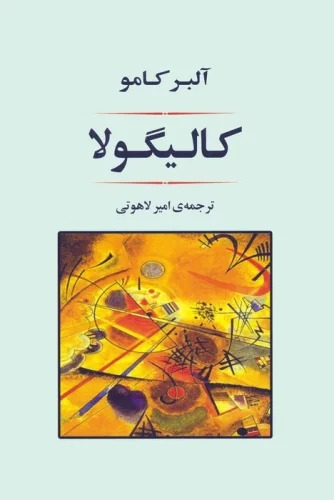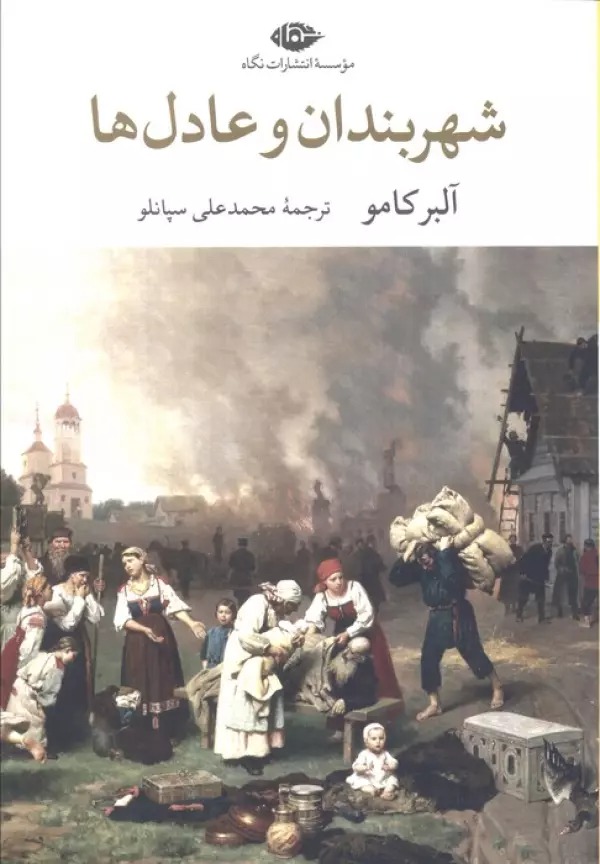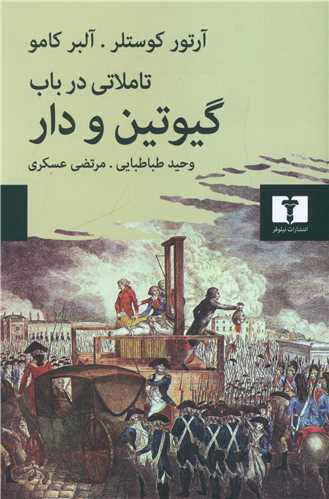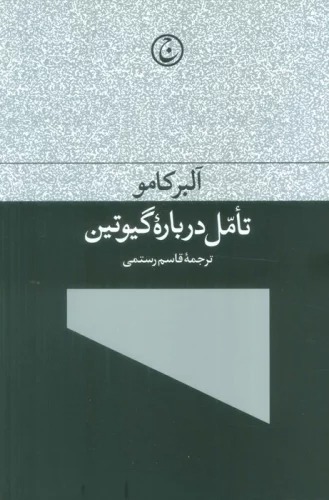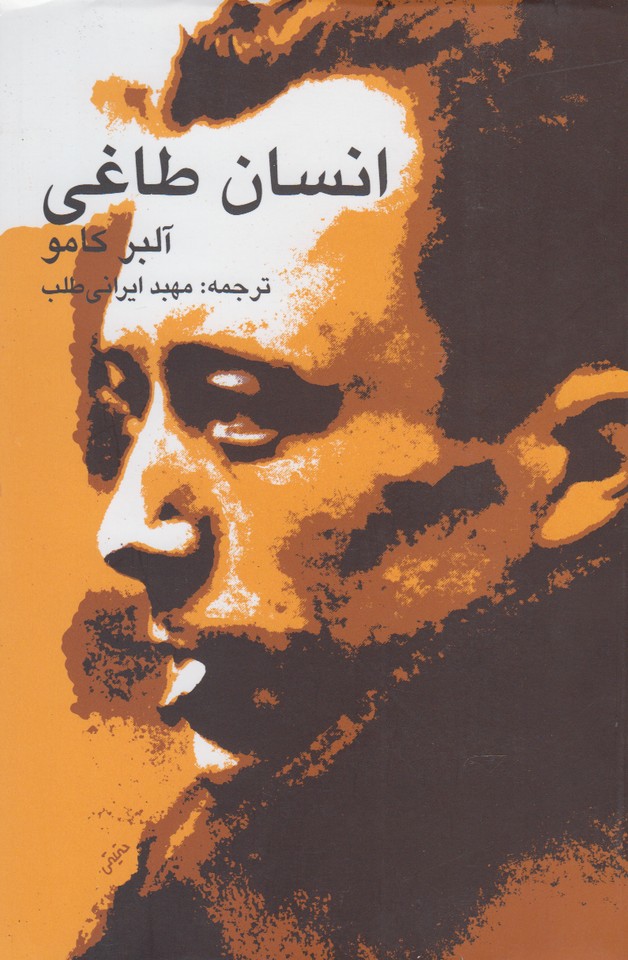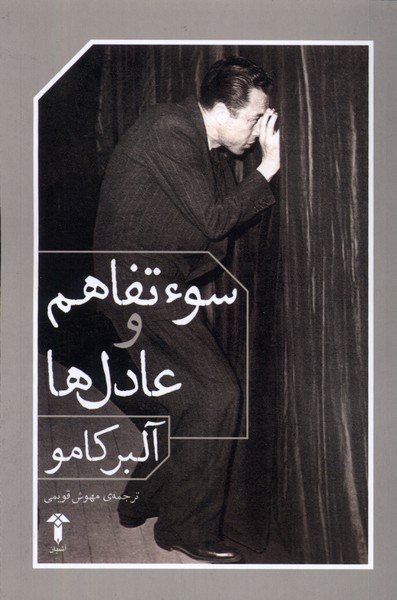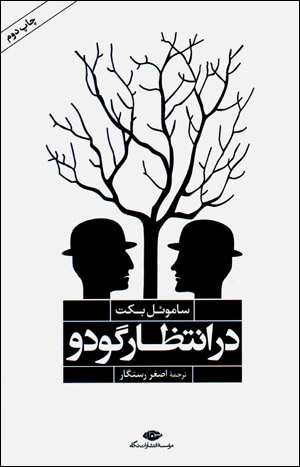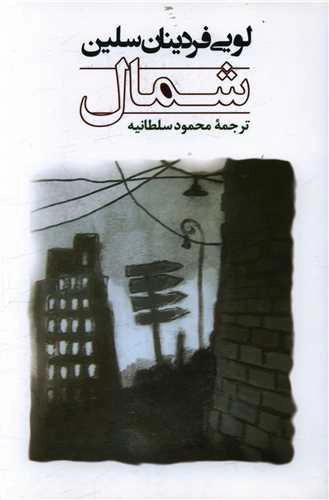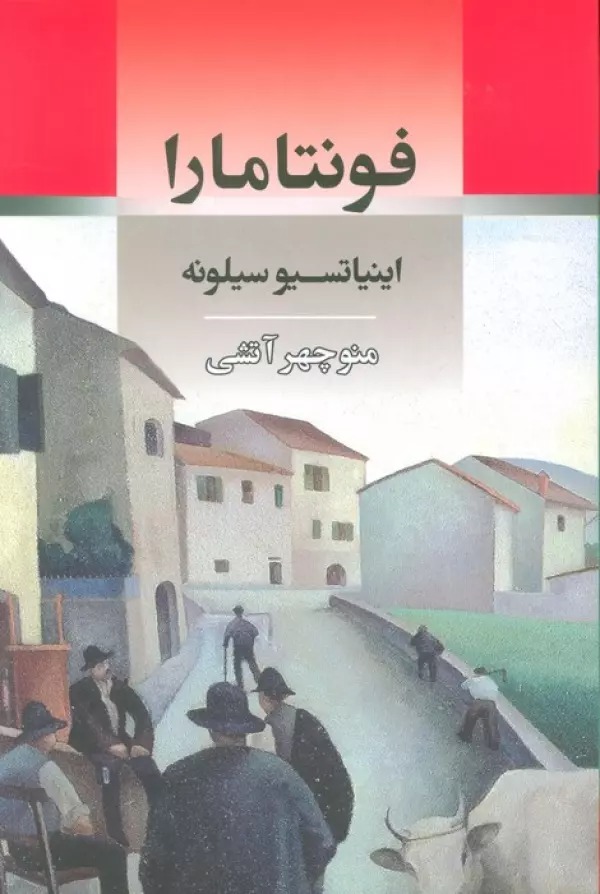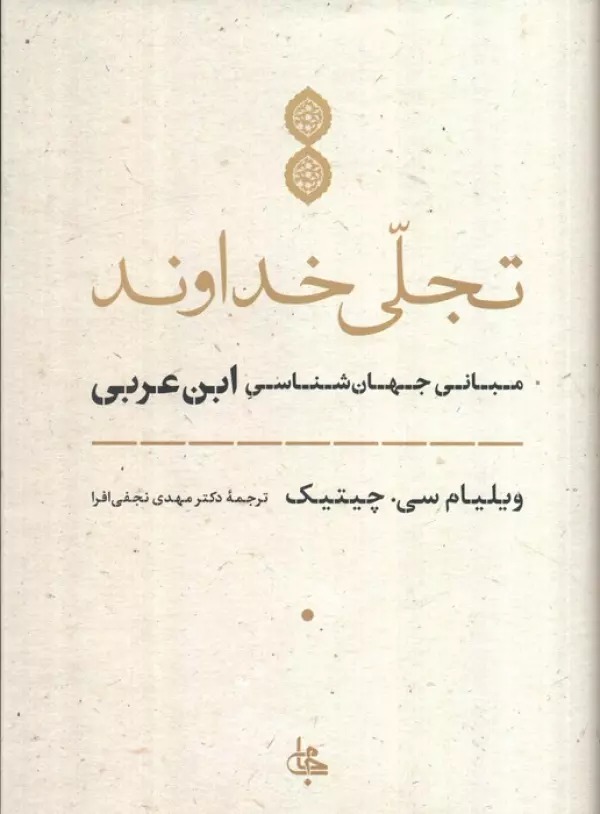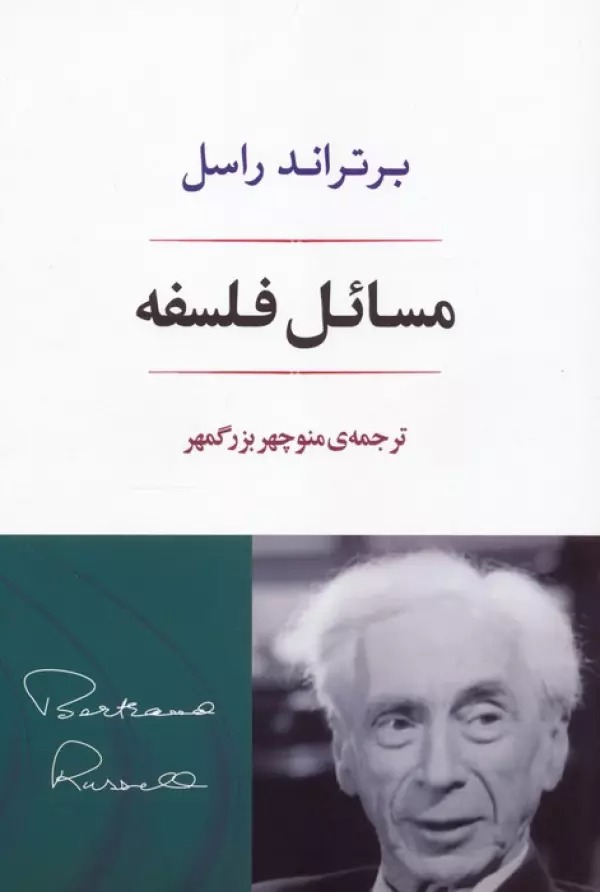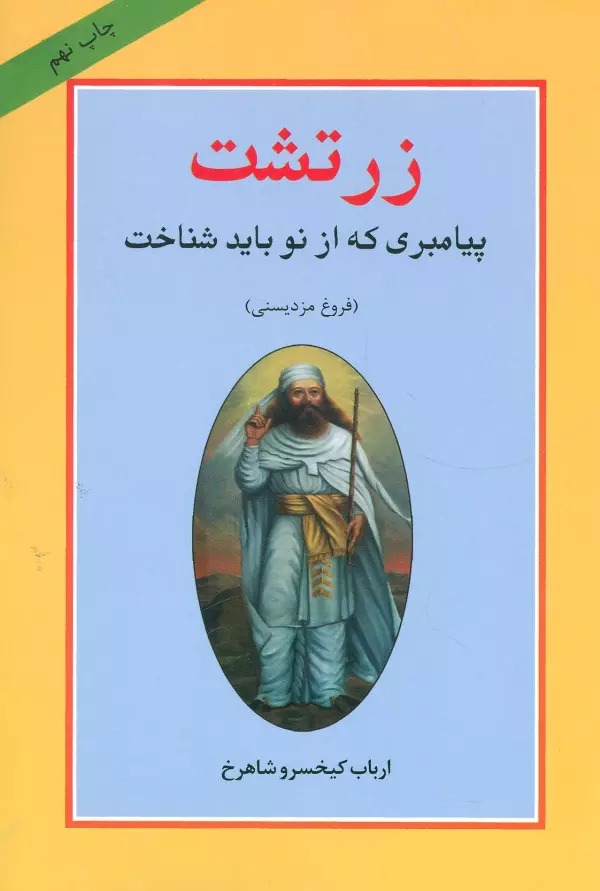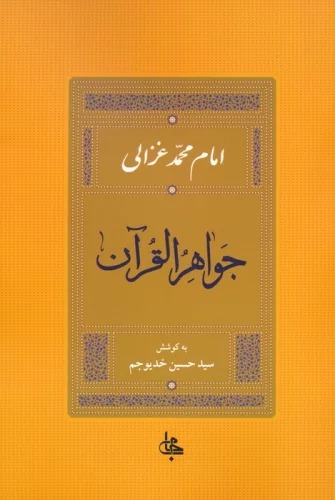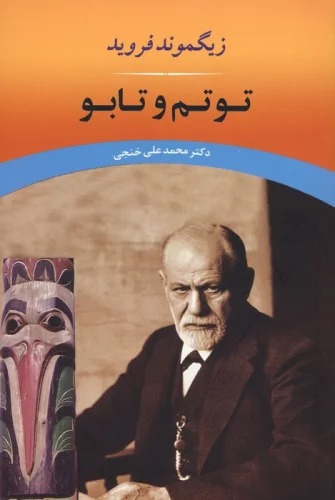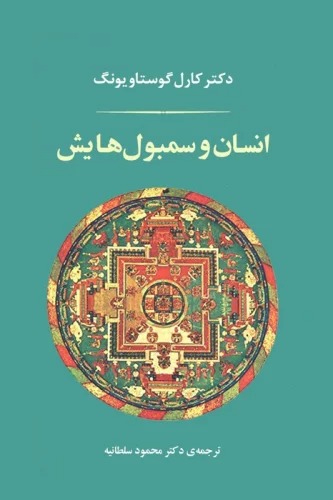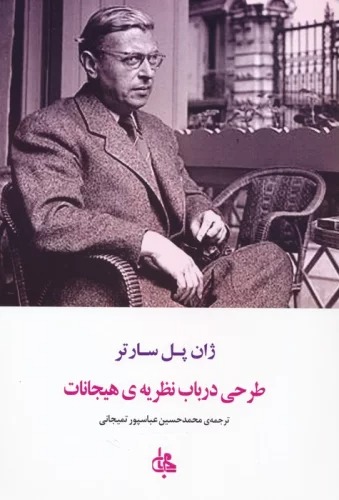Kālīgūlā: Persian 2024
کالیگولا
15.75 $
Share
Wishlist
Original Title:
Caligula
ISBN:
9786001762048
Translator:
Amīr Lāhūtī
Publisher:
Jami
Age Group:
Adult
Pages:
120
Weight:
117 g
Dimensions:
14 x 21 x 1.1 cm
Book Cover:
Paperback
Considered a fully-fledged integral work of the trilogy of the absurd together with "The Stranger" and "The Myth of Sisyphus", "Caligula" represents, through the cruelties of this mad emperor, behind whom all the intellectuals of the time recognized Hitler, the struggle between the individual's awareness and the inability to rebel against the tyrant of a political and intellectual class that has lost its cultural identity. Camus dedicated almost twenty years to the writing of this theatrical work, reworking it several times, so much so that the three final drafts present significant differences from each other. In this one, from 1944, Caligula's madness and the ferocious tyranny that follows are fueled by the pain for the death of Drusilla, his sister and lover. The emperor, unable to accept the painful reality, decides to vent his suffering in inhuman violence, but his delusions of omnipotence and his destructive force will lead him to annihilate himself as well.
more
یافتن معنا و ارزش در مواجه با پوچی و بی معنایی زندگی، موضوعی است که تقریبا در تمامی آثار آلبر کامو، همچون نمایشنامه ی کالیگولا، به چشم می خورد. کالیگولا، امپراتور رومی و بدنامی است که در این نمایشنامه ی چهار پرده ای، به تجسمی از پوچی و معنازدگی تبدیل می شود. ذهن کالیگولا پس از مرگ خواهر و معشوقه اش، به شکل وسواس گونه ای درگیر مفهوم «غیرممکن ها» می شود. او با گذشت زمان به حقیقتی مهم اعتقاد پیدا می کند: «انسان ها می میرند و از زندگی شان راضی نیستند.» این حقیقت، که کالیگولا آن را نتیجه ای برخاسته از منطقی ساده و درست می داند، مسئله ای است که همه ی ملت باید از آن آگاه شوند. کالیگولا برای انجام این کار، به همه ی شهروندان رومی دستور می دهد تا فرزندانشان را از ارث محروم کنند، همه ی ثروتشان را به دولت بدهند و اعدام شوند. او دستور می دهد تا لیستی تهیه شود که در آن، ترتیب اعدام مردم مطابق با خواست خودش تنظیم شده است. کالیگولا با این کار، قصد دارد تا بی رحمی زندگی و قریب الوقوع بودن مرگ را نشان دهد که به عقیده ی خودش، تنها در صورت ممکن شدن «غیرممکن ها» دردشان التیام خواهد یافت.
more

